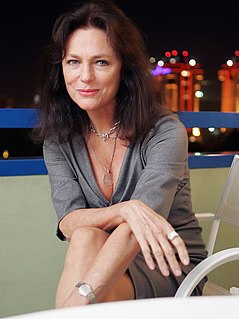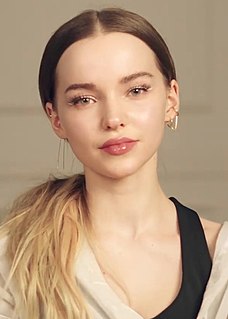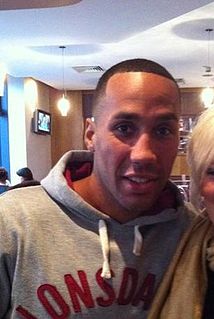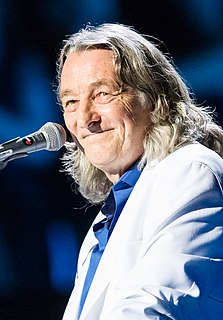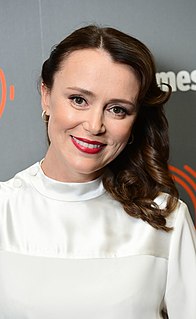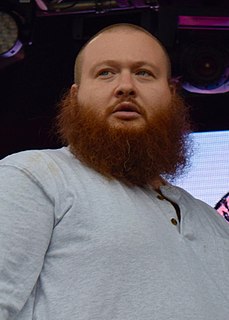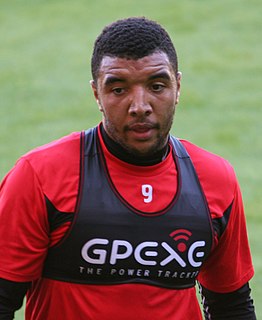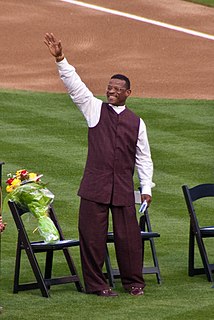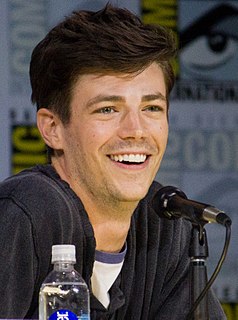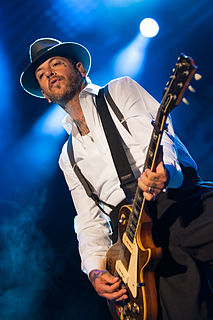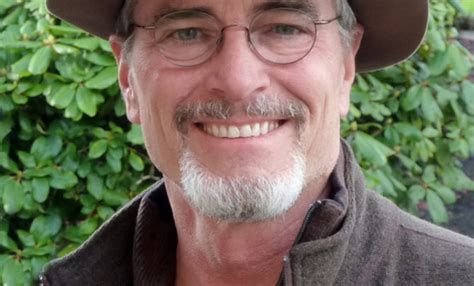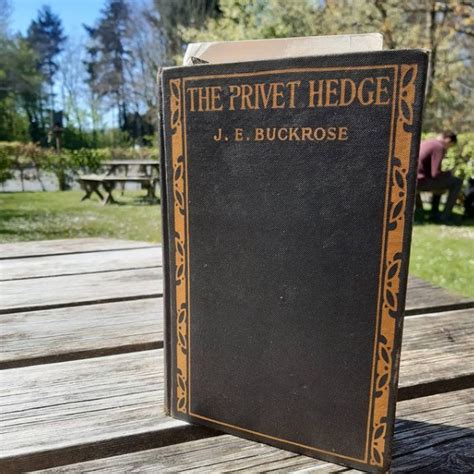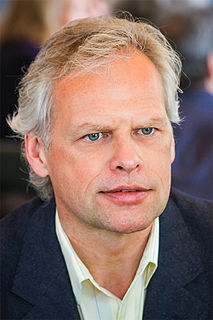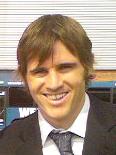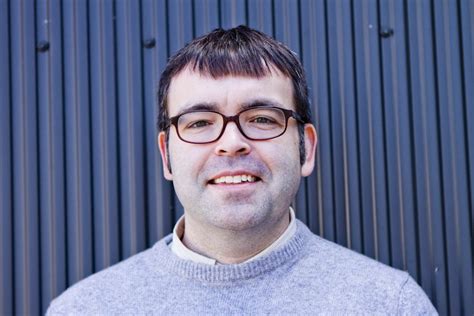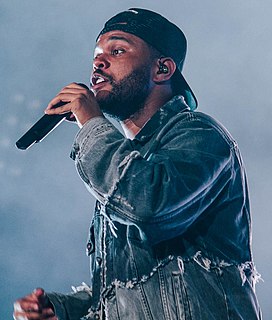Top 1200 Childhood Home Quotes & Sayings - Page 5
Explore popular Childhood Home quotes.
Last updated on November 15, 2024.
And I wanted to do a movie [Moonrise Kingdom] about a childhood romance - a very powerful experience of childhood romance. About what it's like to just be blindsided, when you're in fifth grade or sixth grade, by these kinds of feelings. Along the way, I sort of mixed in some interest in "young adult fantasy" writing.
Whatever you have received more than others-in health, in talents, in ability, in success, in a pleasant childhood, in harmonious conditions of home life-all this you must not take to yourself as a matter of course. In gratitude for your good fortune, you must remember in return some sacrifice of your own life for another life.
What happens when all the parts of childhood are soldered down, when the young no longer have the time or space to play in their family's garden, cycle home in the dark with the stars and moon illuminating their route, walk down through the woods to the river, lie on their backs on hot July days in the long grass, or watch cockleburs, lit by morning sun, like bumblees quivering on harp wires? What then?
My childhood was lonely. Both my parents were away a lot, working, and the maid basically raised me. And I think that's where a lot of my comedy comes from. Not only was the maid very funny and witty, but when my mother came home I'd use humour to try and get her attention. If I made mommy laugh, then maybe everything would be all right. I think that's where it [my comedy] all started.
I think it shapes it in very deep ways that you don't entirely understand. Rainer Maria Rilke said there are two inexhaustible sources for poetry. One is dreams, and the other is childhood. I think childhood is an inexhaustible source of your becoming who you will be and certain deep feelings are set inside of you.
Take the Long Way Home is a song that I wrote that's on two levels - on one level I'm talking about not wanting to go home to the wife, 'take the long way home' because she treats you like part of the furniture. But there's a deeper level to the song, too. I really believe we all want to find our true home, find that place in us where we feel at home, and to me, home is in the heart. When we’re in touch with our heart and we're living our life from our heart, then we do feel like we found our home.
I was powerless over my childhood but the coping strategies that I developed, to survive, all of which were creative and brilliant and got me through, as an adult those became my defects of character. Those became my shortcomings, control and all that kind of stuff... and that's my responsibility. I was a blameless child in what happened in the home; I take responsibility for my behaviors as an adult.
I have the idea that lyric poetry is a poetry that's driven by a sense of the presence of death. That there's something unbearable about the fact that we're going to die and that we can't stand it and I think you find that out in childhood and you don't really - at least I found it out in childhood and I found it hard to get over.
From my childhood, I remember a tiny old woman named Mary, made pale and almost translucent by time. Mary's childhood memories extended back to the confusing and violent finale of the Civil War, and she told stories of brutal murders in those days and refused to name some of the killers, as if dead men might still be prosecuted in the late 1950s.
When I talk about it, now people imagine I had an impoverished childhood, especially when I tell people we used to have to put coins in the side of the telly. But we were really happy. Mum never complained, there was always music playing in the house and we were always dancing around. It was a great childhood.
There are those uncomfortable things that've passed that you have to deal with or they define you, like childhood trauma. Like when I'm lost, I just feel like somewhere along the line, if you've gone through any childhood trauma, it makes you lose your essence and it takes a while to get that back. There are certain things about that that push my buttons.
Childhood hunger in America is as much a paradox as it is a tragedy. Why, in the wealthiest country in the world, should hunger darken the lives and dreams of 12 million children and their families? I believe that, when Americans learn the facts and understand how their involvement can make a difference, banishing childhood hunger will be a national, local and personal priority.
The achievement of freedom is hardly possible without the felt mourning. This ability to mourn, i.e, to give up the illusion of a happy childhood, can restore vitality and creativity if a person is able to experience that he was never loved as a child for what he was, but for his achievements, success and good qualities. And that he sacrificed his childhood for this love, this will shake him very deeply.
Never did I think that the university was properly ministerial to the society around it. Rather I thought and think that society is ministerial to the university, and I bless a society that tolerates and supports an eternal childhood for some, a childhood whose playfulness can in turn be a blessing to society.
What was on the agenda was school and social life and those kinds of things. So I was the middle of five kids. So I had the great advantage of being able to play up to the older kids and play down to the younger kids and I think that's part of what propelled me to become a teacher at some point in my life. But it was a comfortable childhood. It was a privileged childhood.
If I have an unusual gift, it's not that I draw particularly better than other people - I've never fooled myself about that. Rather it's that I remember things other people don't recall: the sounds and feelings and images - the emotional quality - of particular moments in childhood. Happily an essential part of myself - my dreaming life - still lives in the light of childhood.
A Lucky Child is an extraordinary story, simply and beautifully told. Heartbreaking and thrilling, it examines what it means to be human, in every good and awful sense. Perhaps most amazingly of all, Thomas Buergenthal remembers and renders the small mysteries and grand passions of childhood, even a childhood lived under the most horrific circumstances.
there are - as every one knows - two kinds of writing: one coming out of your vitals and the other from the top of your head. The first is the only sort from which any true private pleasure can be gained, for it is a way of getting something out of life which seemed to be there in childhood, when childhood is quite over.
I find myself drawn to that period where children are about to leave childhood behind. When you're 12 years old, you still have one foot in childhood; the other is poised to enter a completely new stage of life. Your innocent understanding of the world moves towards something messier and more complicated, and once it does you can never go back.
Studies have proven that early childhood education returns to society as much as $12 for every dollar invested. Our goal is to identify the most important development opportunities for children five years and younger, providing insight to transform early childhood education from a social policy issue into an economic imperative.
It’s funny. When you leave your home and wander really far, you always think, ‘I want to go home.’ But then you come home, and of course it’s not the same. You can’t live with it, you can’t live away from it. And it seems like from then on there’s always this yearning for some place that doesn’t exist. I felt that. Still do. I’m never completely at home anywhere.
All of childhood's unanswered questions must finally be passed back to the town and answered there. Heroes and bogey men, values and dislikes, are first encountered and labeled in that early environment. In later years they change faces, places and maybe races, tactics, intensities and goals, but beneath those penetrable masks they wear forever the stocking-capped faces of childhood.






